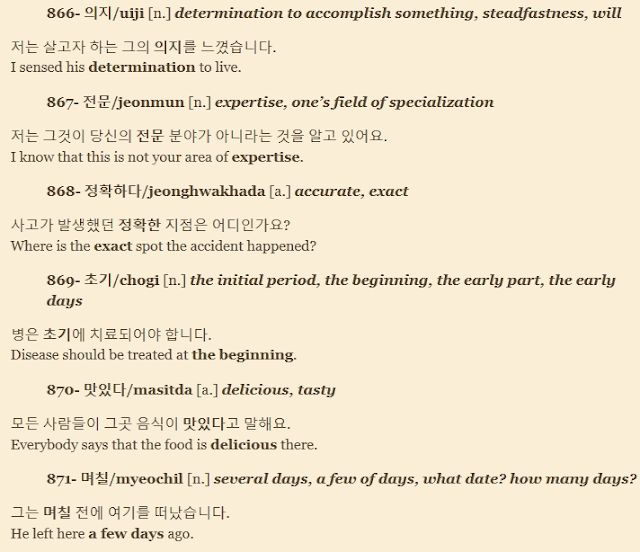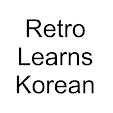My number one factor of a good vocabulary resource is that it gives you an example sentence for each word. Simple sentences are simply the best way to acquire new words and grammar. Simple sentences are great because it gives you a much higher chance of comprehending a word, even without context.
By now you may have heard of Lingo Mastery. They have released a few books in various languages such as, German, Japanese, Russian, Italian, Spanish and have many different types of resources including, conversations, stories and vocabulary books. You can pick them up in physical or ebook form, the former of which is quicker and cheaper.
Here I will be reviewing the 2000 Most Common Korean Words in Context e-book. I was surprised to see that they had spread out to Asian languages after discovering their Italian content. If you would like to see all the content they have to offer click here.
Introduction content
Like every book there is some chatter before hand which explains a bit about their theory and some forewords on the language itself. The theory content is pretty spot on, explaining about the use of repetition, associations and such to help memory and even goes a bit further telling you to get physical with it as a form of association.
They also have some numbers about amounts of words helping to understand X% of speech. While I think this is helpful in a sense I have no idea how accurate the numbers pertain to Korean as from my experience much more words are needed for 90+% understanding of Korean.
They do however state that this book needs to be used along side other resources and that it will take you all the way, which is a great thing to let people know as languages are long never ending task and especially Korean will take you 2-5 years to become somewhat fluent depending on how much effort and time you put in.
The Korean specific information is very adequate for the content of the book. It explains that the book uses 반말, 존댓말 and other forms within the sentences, how Korean word order works in comparison to English word order and some basics of future tense and dictionary form. This book is not a grammar guide so I think these are adequate explanations although most learners will likely already know these things.
The main content
Starting in order of frequency we cover things like 것, 있다, 하다, 되다, although the order is maybe questionable and some of the sentences are quite long, pretty much every word in this book is worth learning, whether it is via the sentence provided or another one you may find. Due to the length of the sentences I would definitely recommend searching the dictionary for an example if you can't get your head around it.
You are provided with the dictionary form of a word and the romanisation. Personally I think the product would be much better doing away with the romanisation and having the pronunciation and Hanja as you can see in a dictionary for example, 대통령 (大統領) [대ː통녕]. This is much more useful information for the learner.
The grammar used in the sentences is quite varied. You can use this to your advantage to help it with reinforcing grammar that you have learnt or even use it to learn the grammar in the first place. The sentences are all perfectly natural, although a bit too many end in ㅂ니다/습니다 form for my liking. I'm not sure how useful the English translation is when your goal is to understand the Korean sentence, so I'm on the fence with it's inclusion.
The audio is very difficult to recommend, while it is a native speaker who has recorded the audio the quality of the Korean reading is extremely low. Every word almost every syllable is enunciated very slowly instead of being read at a normal pace as a native would say it.
I urge, if any of the creators read this that in future content to take this into account, it's even more strange because the English sentences are read at a normal pace and very natural sounding. The audio should have also avoided reading all the English translations of the words as they are already bloated and it just extends the length of the audio with little advantage to the learner.
Price and conclusion
For related posts please check out these pages:
- Is Learning Hanja(한자)[漢字] as Korean Learners important?
- Anki Decks for Korean Learners
- The Monolingual Transition and How to Approach it
- How to Type in Korean and How to Practice Typing Faster
- Smartphone Apps For Learning Korean
- How to Use Ridibooks(Korean Ebook Store)
- How to Master the Korean Number Systems
- 7 Reading Tips to Accelerate Your Korean Learning
- Korean Dictionary Symbols Explained
- The Best Vocabulary Books for Korean







No comments:
Post a Comment
Share your thoughts on this topic